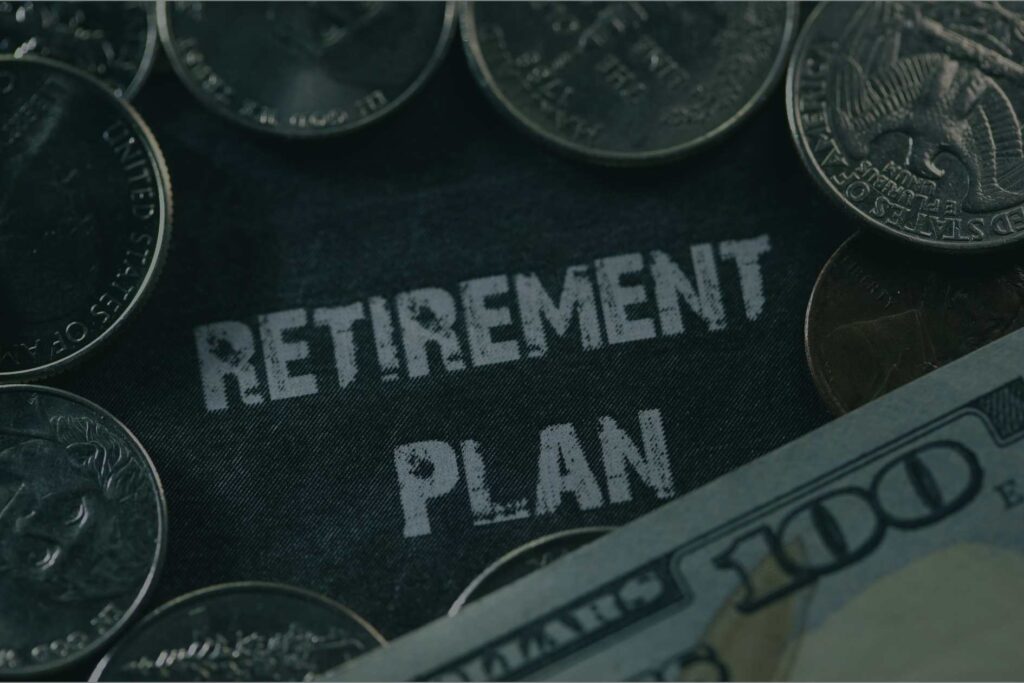Your Best Australian Financial Advisors
Expert Retirement Planning Strategies for a Secure Future
At Flexcents Advisors, we pride ourselves on being the best financial advisors in Australia, dedicated to helping you achieve your financial goals. Our expert team specializes in tailored retirement planning strategies, ensuring you have a secure and prosperous future.
Our Services
Retirement Planning
Planning for retirement can be complex, but our experienced advisors make it simple and straightforward. We develop customized retirement strategies that align with your lifestyle aspirations and financial goals. Our services include:
- Ensure a steady income stream throughout your retirement.
- Maximize your superannuation benefits for a comfortable retirement.
Investment Management
Effective investment management is crucial for growing and protecting your wealth. Our advisors provide expert guidance on a variety of investment opportunities tailored to your risk tolerance and financial objectives. Our services include:
- Create and manage a diversified investment portfolio.
- Optimize your asset mix to balance risk and return.
Wealth Management
Our wealth management services are designed for high-net-worth individuals seeking tailored financial strategies. We offer:
- Protect and grow your wealth over the long term.
- Integrate philanthropy into your financial strategy.
- Comprehensive financial services for your entire family.
About Us
At Flexcents Advisors, we are committed to delivering top-tier financial advisory services like deltafinancialgroup.com.au to help you achieve your financial aspirations. As one of Australia’s leading financial advisory firms, we specialize in crafting bespoke retirement planning strategies that ensure a secure and prosperous future for our clients.
Mission.
Our mission is to empower individuals and families to make informed financial decisions that enhance their quality of life. We believe in a personalized approach, tailoring our services to meet the unique needs and goals of each client. Through diligent planning and expert advice, we aim to provide the highest level of financial security and peace of mind.

Why Choose Us?
- Personalized Service:
- We take the time to understand your individual circumstances and tailor our advice to suit your specific needs.
- Expertise and Experience:
- Our advisors have extensive experience and a proven track record of success in the financial industry.
- Integrity and Transparency:
- We operate with the highest standards of integrity and transparency, ensuring that you can trust us with your financial future.
Highly Motivated Team with Innovative Ideas
At Flexcents Advisors, our team is our greatest asset. Comprised of highly skilled and experienced financial professionals, we are dedicated to helping you achieve your financial goals. Meet the experts who make Flexcents Advisors one of Australia’s leading financial advisory firms.
Our Blogs
How a Wealth Manager Can Help You Achieve Financial Goals
Comprehensive Wealth Management Services for High-Net-Worth Individuals
Why Fall is the Most Important Season for Your Personal Finances
Transformations on the Road to Financial Independence
Breakdown of How I Paid Off Over $100,000 in Student Loans Within 2 Years
The Free Money Game for Investors
The DIY Investment Policy Statement (IPS): Sample and Template
Our Gallery






Our Testimonials
At Flexcents Advisors, we are proud to have earned the trust and satisfaction of our clients. Hear from some of the individuals and families who have benefited from our expertise and personalized financial strategies.

Susan Green



